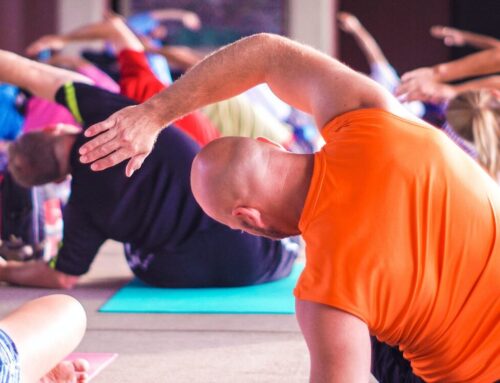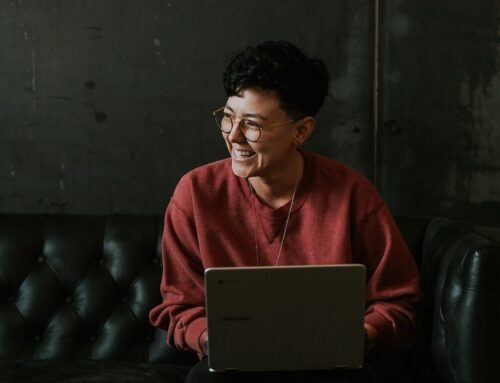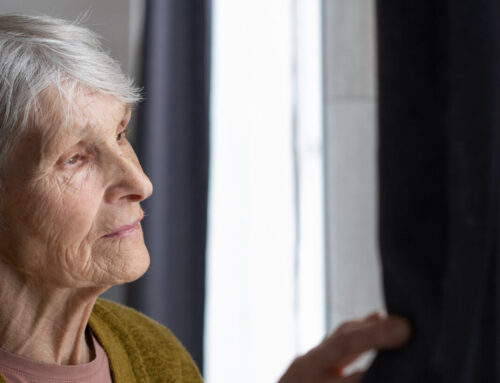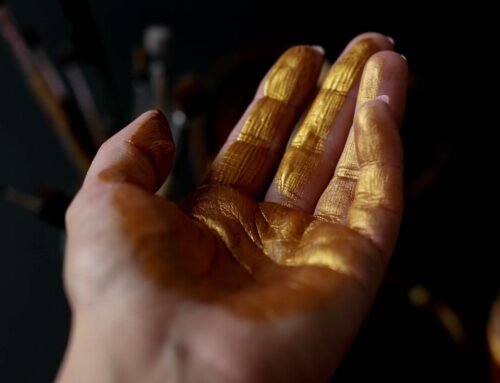The Petros Story

People often ask why Petros is called Petros and, as with most things, there is a story behind it.
Are you sitting comfortably? Then I shall begin …
At the tender age of 25 I joined HM Prison Service as a psychologist. I knew it would be a tough job, especially because I was assigned to a maximum-security prison to work therapeutically with men convicted of sexual offences. And it was tough, so much so that five years in, two colleagues sued the prison service for psychiatric injury. Very little was understood about the potential for such work to cause psychological harm to practitioners, so, in 2000, I undertook a PhD, researching this critical area. Post PhD, I returned to the Prison Service in 2004 to implement the findings, pretty successfully, with the support of a particularly visionary area manager and great colleagues. Resilience and wellbeing were firmly on the agenda in high-risk roles!
Around this time, I was also raising my daughter Madi by myself. She presented me with some hefty behavioural challenges (from about the age of 3), which led me to question EVERYTHING I thought I knew about both parenting and psychology! At a work conference in 2006 (Madi was then 8), I picked up a book called The Explosive Child by Dr Ross Greene (totally un-work related) and read the first page. Dr Greene is the originator of the Collective and Proactive Solutions approach (CPS) and it was as if he had been observing my child. I bought the book and read it on the way home. I tried the CPS approach with my daughter Madi and it worked!
The underpinning philosophy of CPS is that kids do well if they CAN, not if they WANT to, and doing well is always preferable to doing badly. If kids aren’t doing well, the job of the adults in their lives is to work out with the child what’s getting in the way. And usually the obstacle is lagging skills: problem solving, perspective taking, emotional regulation, impulse control, information processing, making transitions and empathy.
And all of these are skills associated with resilience.
I loved Dr Greene’s work so much that I blew my CPD budget on qualifying as the UK’s first CPS Practitioner. By now I was working in academia as a Director of an MSc in Forensic Psychology and conducting international research into resilience in critical occupations. On return from my CPS training the path forward was clear – a business that supported organisations, individuals, families, and children to thrive. This needed to take the form of an organisation that could offer training, consultancy, assessment, coaching and therapy, and not just to those that could afford it, but also to those who might struggle to fund such services.
I presented my idea to a dear friend, who knew a thing or two about setting up a business (I knew nothing). He said “Just let me know when you’re ready.” and when I was ready, he said “What would you like to call your company?” I came up blank! So he asked a different question – “What would you like your business to achieve?”
I said, “I want the business to be able to offer the skills that empower people to be consistent, clear, and calm, the kind of person who others trust to be safe, confident and trustworthy – to be resilient – the people others would describe as their rock.”
A search of words meaning rock led us to the Greek word Petros, and so this little non-profit company was born and registered with Companies House on 12th December 2013. Being not-for-profit allows us to use the profits we make to support charities, families and individuals who might otherwise struggle to afford our services. Everyone pays something but we can keep our costs much lower thanks to the support of our corporate clients,
It would be good to exclaim at this this point that, “the rest, as they say is history”, but that would be to omit a sub-plot that to this day still makes me smile.
A few years ago, my Greek dentist asked me how Petros came to be named and I told him the story . A small smile played on his lips as he announced, “Petros is not the Greek word for rock.”
“Oh” says I, “what is the Greek word from rock then?”
“Petra” he replied.
“And what is my company’s name English translation then?” I asked with some trepidation.
“Peter!”
Oh well – too late now!
Why are we not-for-profit
Lots of people think that not-for-profit means we don’t make any profit, which isn’t the case.
It’s about what we do with profit we make.
It was both a personal and a business decision. On a personal level, our individual coaching and therapy services bring us into regular contact with people who are struggling. Making a living out of supporting people making changes in their psychological life feels totally fine – making a profit that is then distributed amongst shareholders, doesn’t. It’s really that simple.
In business terms, we can channel most of our profit back into the provision of our services to charities and individuals at a lower rate. Our corporate clients know that their purchase of our services supports organisations that might not otherwise be able to afford what we offer. We also welcome our corporate clients to nominate a charity they think might benefit from what we do as part of our Pay It Forward CSR support.
Take a look at our Pay It Forward programme to see who we have supported so far.
Find out who we are trusted by, read case studies and our tesitmonials.
Discover more about Dr Ross Greene’s work here.





